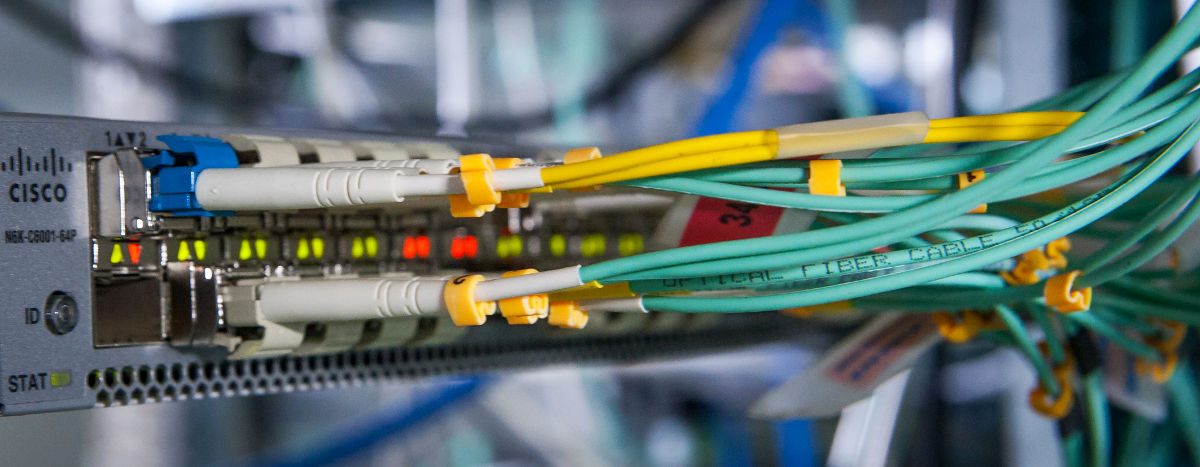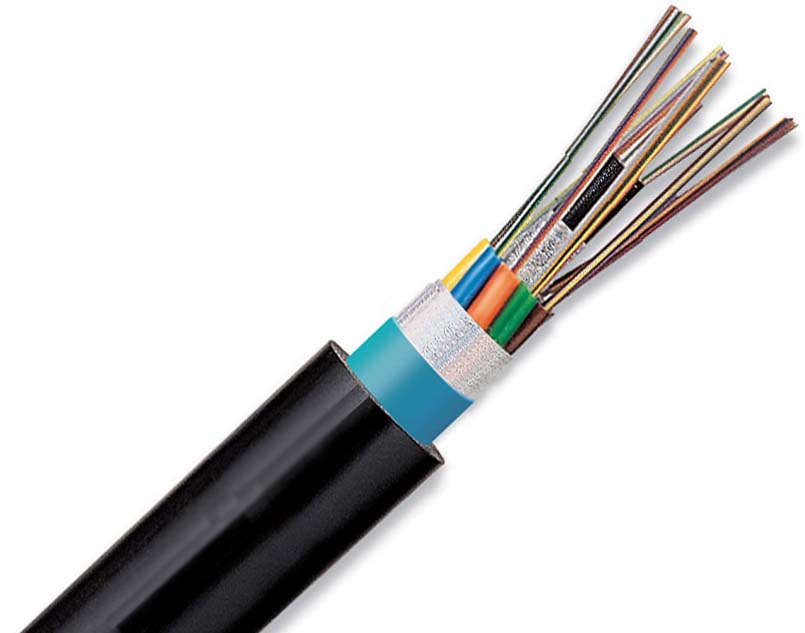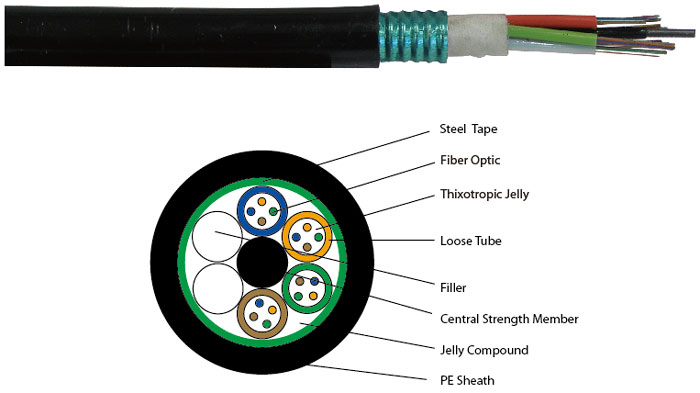Recently, as the fiber optic cable is used more and more widely than earlier years, people also know more about the fiber optic cables than before. Usually, we learn that the fiber optic cables are divided into two basic types: single mode fiber and multimode fiber. However, according to the fiber optic cable is used for indoor or outdoor, there are many other fiber types too. These fiber optic cable types are all the popular ones which are available in the current market. Then I will introduce these various fiber types to you in this article.
Fiber Optic Cable Types: Indoor Fiber Optic Cables
In terms of indoor fiber optic cables, distribution cable, breakout cable, ribbon cable and LSZH cable are some popular types. Distribution cable and breakout cable all contain several jacketed simplex optical fibers packaged together inside an outer jacket, but in distribution fiber optic cable, tight buffered fibers are bundled together, with only the outer cable jacket of the cable protecting them. Besides, buffered fiber in distribution cable is 900 µm, which is smaller in size and costs less than breakout cable. Distribution cable is usually installed in intra-building backbone and inter-building campus locations. And breakout fiber optic cable is suitable for short riser and plenum applications. Ribbon cable includes up to 12 fibers contained side by side within a single jacket and is often used for network applications and data centers. LSZH cables are offered as an alternative for halogen-free applications. They are less toxic and slower to ignite which makes them a good choice for many internal installations.
Fiber Optic Cable Types: Outdoor Fiber Optic Cables
In terms of indoor fiber optic cables, however, tight buffered cables, loose tube cables, armored cables and submarine cables are some common popular fiber cable types. Among them, submarine fiber optic cables become more and more popular in recent years. These cables are used in fresh or salt water. To protect them from damage by fishing trawlers and boat anchors they have elaborately designed structures and armors. Other cable has armors is armored cable. Armored fiber optic cable includes an outer armor layer for mechanical protection and to prevent damage. They can be installed in ducts or aerially, or directly buried underground. Armor is surrounded by a polyethylene jacket. Tight buffered cable and loose tube cable are two early common outdoor fiber cables. Tight buffered cables have riser and plenum rated versions. These cables are flexible, easy to handle and simple to install. In loose tube cables, tube encloses multiple coated fibers that are surrounded by a gel compound that protects the cable from moisture in outside environments. This cable is restricted from indoor use, typically allowing entry not to exceed 50 feet.
All these indoor and outdoor fiber optic cables play an important role in optical network. As they have different characteristics, they have different applications too. For this reason, when you choose fiber optic cables, you must take their usability into consideration. For more information, you can visit Fiberstore, which designs and manufactures all these popular fiber optic cables.
Related Article: Fiber Optic Cable vs Twisted Pair Cable vs Coaxial Cable





